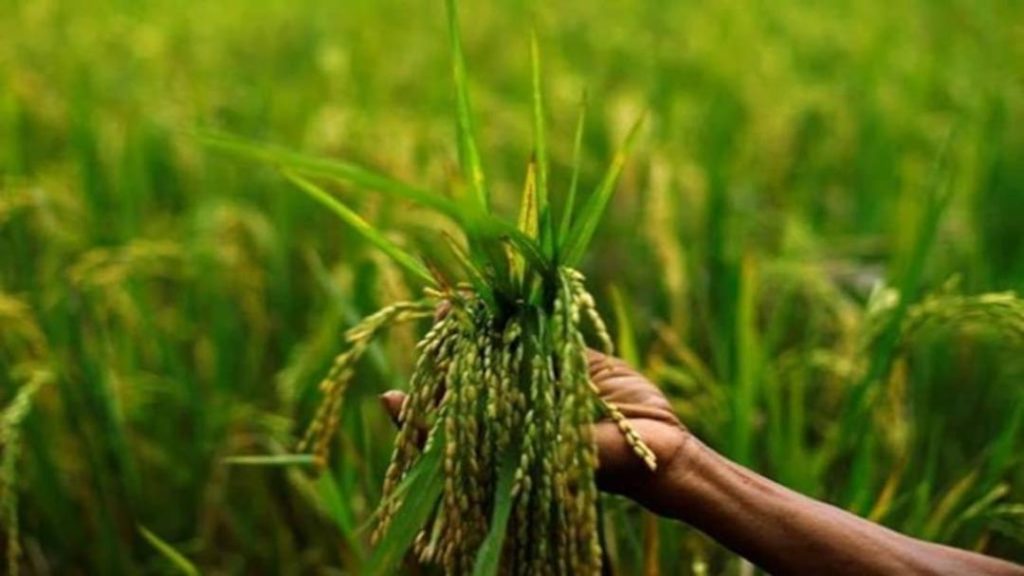
India Cutting Chenab’s Supply Will Increase Water Shortage & Impact Crops, Accepts Pakistan
The ongoing saga between India and Pakistan over the Indus Waters Treaty has taken another turn, with Pakistan’s Indus River System Authority (IRSA) acknowledging that India’s decision to cut the flow of the Chenab River will exacerbate water shortages across the country. According to IRSA, the move will also have a significant impact on kharif crops, which are already facing a substantial shortage.
In late September, India announced that it would be suspending the Indus Waters Treaty, a 1960 agreement that regulates the sharing of the waters of the Indus, Chenab, and Jhelum rivers between India and Pakistan. The decision was taken following a series of disputes between the two countries over the treaty’s implementation.
Pakistan had been accusing India of violating the treaty by constructing dams and hydroelectric power plants on the rivers, which it claimed were reducing the flow of water into Pakistan. India, on the other hand, argued that it was entitled to use the water resources of the rivers under the treaty.
In a recent statement, IRSA claimed that India’s decision to cut the flow of the Chenab River will increase water shortages across Pakistan. The authority stated that the country is already facing a 21% shortage of water for the remaining early kharif season, and the reduced flow of the Chenab River will only exacerbate the situation.
“We have calculated that the reduced flow of the Chenab River will result in a 7% shortage of water in the late kharif season,” said an IRSA spokesperson. “This will have a significant impact on our crops, which are already facing a substantial shortage.”
The kharif season, which runs from June to October, is a crucial period for agriculture in Pakistan. The country relies heavily on the Indus River System for irrigation, and any reduction in water flow can have devastating effects on crop yields.
Pakistan’s agricultural sector is already facing significant challenges, including a decline in crop yields, soil erosion, and lack of irrigation facilities. The country’s farmers are also struggling to cope with the impacts of climate change, including changing weather patterns and increased frequency of extreme weather events.
The IRSA’s statement comes at a time when Pakistan is already facing a severe water crisis. The country’s water resources are being stretched to the limit, with demand outstripping supply in many areas. The situation is particularly critical in the agricultural sector, where farmers are struggling to access sufficient water for irrigation.
Pakistan’s water crisis is not limited to the agricultural sector. The country’s cities are also facing significant water shortages, with many areas experiencing frequent shortages and rationing. The crisis has been exacerbated by population growth, urbanization, and climate change.
The IRSA’s statement has triggered concerns about the potential impacts of India’s decision on Pakistan’s food security and economy. Pakistan is heavily dependent on agriculture, which accounts for around 20% of the country’s GDP. Any reduction in crop yields can have significant implications for the country’s food security and overall economy.
The standoff between India and Pakistan over the Indus Waters Treaty has been ongoing for several years, with both countries accusing each other of violating the treaty. The situation has been further complicated by tensions between the two countries over issues such as Kashmir and terrorism.
In conclusion, the IRSA’s statement highlights the serious implications of India’s decision to cut the flow of the Chenab River. The move will increase water shortages across Pakistan, exacerbate the country’s already severe water crisis, and have a significant impact on kharif crops. The situation is critical, and it is essential that both countries find a solution that addresses the concerns of all parties involved.






